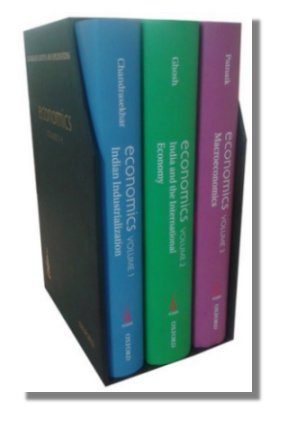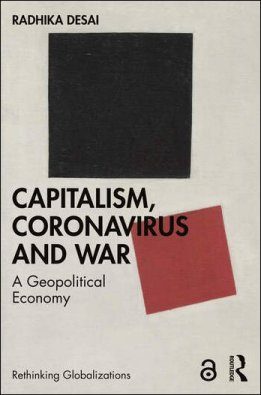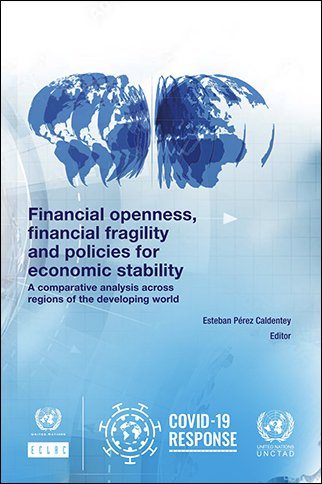Publisher: Third World Network Year: 2023 No. of pages: 42 Download now About the Book…
ICSSR Research Surveys and Explorations: Economics Vol. 1 – 3 Edited by: C.P. Chandrashekhar, Jayati Ghosh and Prabhat Patnaik

About the Book
Publisher: Oxford University Press ISBN: 9780199458967
This three-volume collection of studies commissioned by the Indian Council of Social Science Research (ICSSR) explores a set of themes and issues that have been the focus of debate in selected areas of economics in India. The first volume traces the post-Independence evolution of the industrial sector in India by delineating changes in policy regimes, capturing structural shifts, identifying periods of growth and stagnation, and assessing the factors that explain these trends.
It highlights the principal contributions in the economic literature that enrich the contemporary understanding of India’s post-Independence industrial history. The volume covers the development of Indian industry prior to and after 1991, when a balance of payments crisis led to a major regime change marked by the dismantling of the interventionist structures that were set up during the immediate post-Independence years. The essays in this volume revisit the evidence and the debates on India’s post-Independence industrialization; critically examine the role of the government, the strategies it adopted, and the effectiveness of implementation; and seek to provide an understanding of why the expectations that India would successfully make the industrial transition have been belied. The second volume provides a comprehensive analysis of India’s economic integration with the global economy through trade, investment, and finance, and its implications for domestic economic processes and outcomes. It looks closely at the different industrial sectors and at the changing patterns of India’s engagement with the structures governing the global economy as well as with its trade and investment partners. While India’s increasing share in global trade and the growing inflow of foreign investments are important indicators of the country’s integration with the rest of the world, the essays in this volume also provide the other side of the story—that of the loss of policy independence and increased sensitivity to external shocks. The third volume is a critical review of macroeconomic issues such as monetary policy, fiscal policy, financial liberalization, intersectoral linkages, open economy macroeconomics, labour conditions, and intergovernmental fiscal transfers. It surveys these themes from varied intellectual positions, in the process, not only informing readers, but also challenging them to engage with these viewpoints. The essays in this volume are a diverse collection of ideas, some theoretical and some empirical, which help to understand the macroeconomic reality of India in the post-reforms period.



